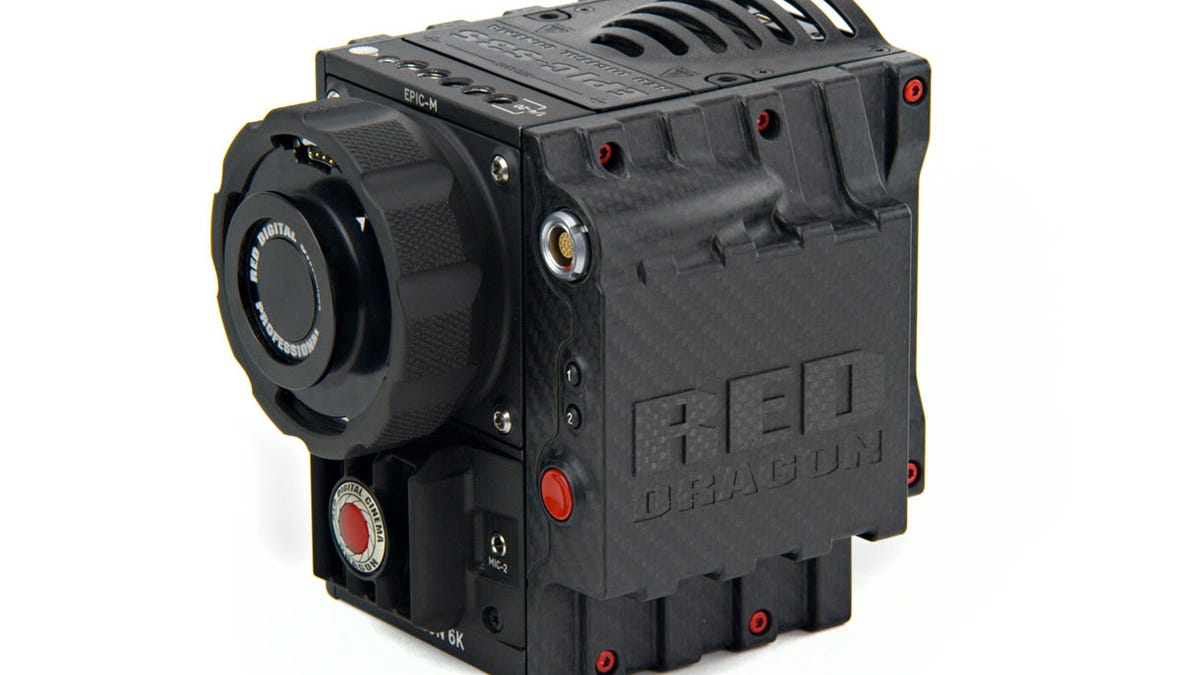Red's camera wows with top score in image-sensor test
A cinema camera just showed it can outclass full-frame SLRs from Canon and Nikon that have sensors nearly twice as large.

When it comes to image sensor quality, a camera company you probably haven't heard of just stole the show -- almost.
Nikon's D800E is the top dog on the DxOMark sensor test rankings, with a score of 96 on precise measurements of dynamic range, noise, and low-light performance. It's not often that a new winner emerges, but a cinema camera from a company called Red -- the Epic-M camera with the Dragon sensor -- just earned a score of 101.
The impressive score isn't quite enough to win the competition, though: DxO Labs measured the performance with a preproduction model Red supplied, and it got access to unprocessed "raw" sensor data that ordinary customers don't get. Therefore, officially, Nikon stays at the top of the list.
But the Dragon clearly wowed DxO Labs, which called its performance "awesome" and "outstanding" in test results published Monday. The sensor, with 6144x3160 19-megapixel resolution, can shoot "6K" video with nine times the pixels of today's mainstream 1080p high-definition video at 1,920x1080.
"It's all the more extraordinary, considering the sensor size and pixel pitch," DxO said. The 30.7x15.8mm sensor is only 56 percent the size of the Nikon's full-frame 35.9x24mm sensor. All things being equal, larger sensors can capture a wider span of dark to light -- dynamic range -- and capture finer details.
So where's the magic sauce? Red essentially combines multiple frames into one to reduce noise in an approach called temporal noise reduction. It's made possible by the Dragon's very fast data-readout abilities.
The result is a color-depth score of 26.5 bits for the Dragon compared to 25.3 bits for the Nikon D800E. The dynamic range was 14.8 exposure values versus the D800E's 14.4 EVs. The Nikon camera edged out the Dragon for low-light performance, but cinema cameras are typically used with more controlled lighting.
What kind of score could a full-frame SLR from a company like Canon or Sony get if it used Red's approach?
"It could be huge," DxO told CNET. "For now, full-frame sensors do not provide the same frame rate for raw files as the Epic Dragon. But when they will do, results could be very impressive."
So could the prices. The Dragon sensor module costs $29,000, though it is a specialty item.
Although you may not have heard of Red, you probably have heard of what Red cameras have recorded: the "Hobbit" trilogy, "Star Trek: Into Darkness," and "House of Cards," to name a few.

